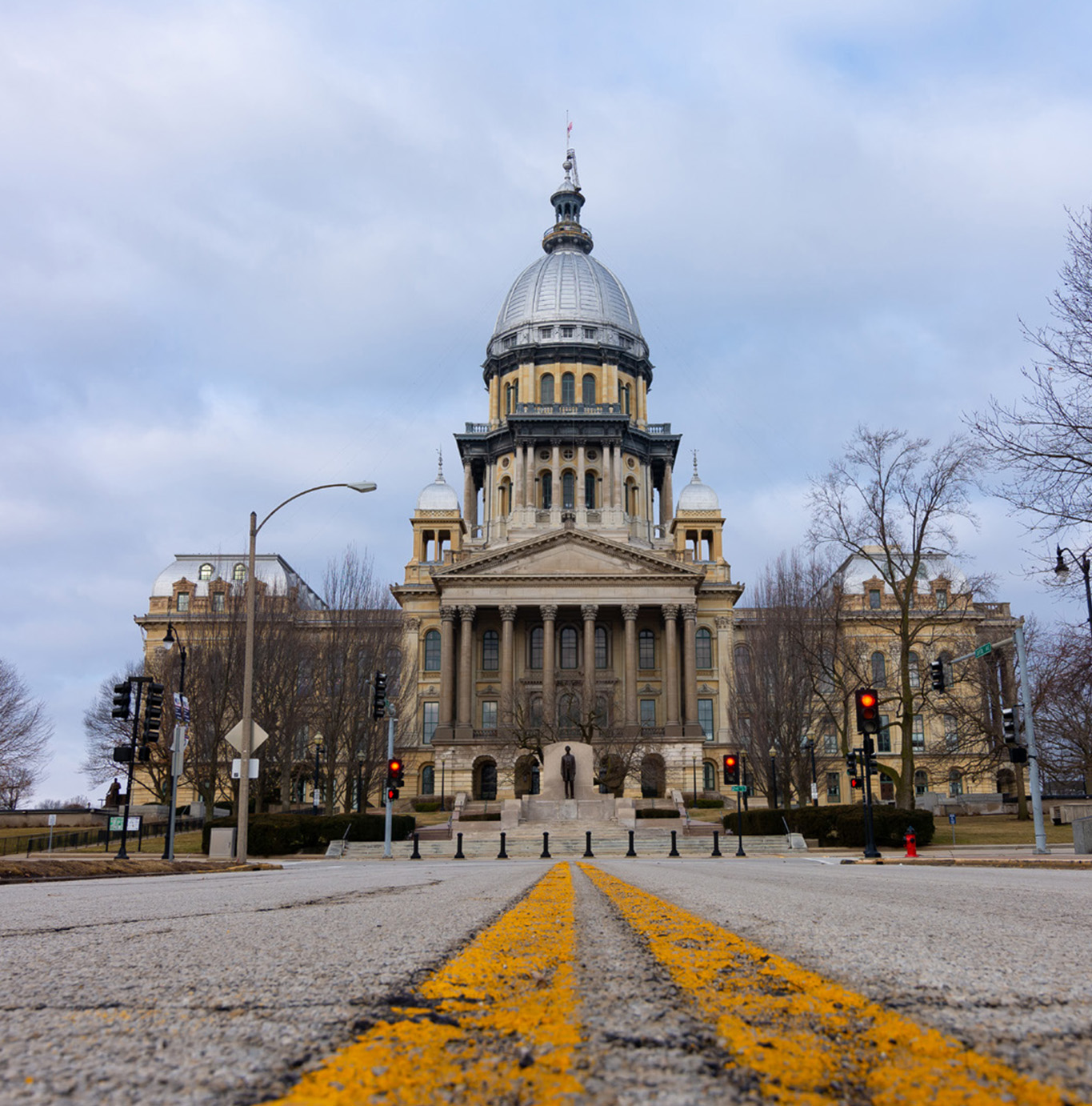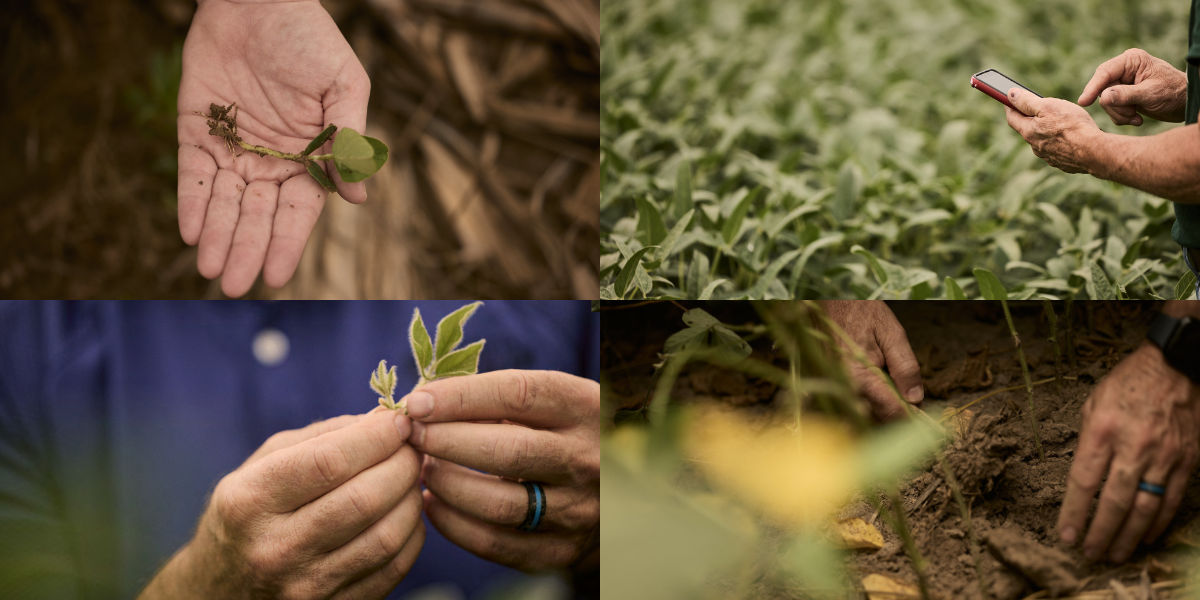The Priorities, the Wins and What’s Ahead for Illinois Agriculture
The legislative session in Springfield, which ended in late May, was a whirlwind for many reasons. In previous issues of Illinois Field & Bean, we outlined a few pesticide regulations that were proposed in active legislation this year. We’re pleased to report that through diligent and coordinated efforts, agriculture groups were able to stop those bills from gaining any traction this session. All throughout the session, there was buzz that the state would have to prioritize how it planned to get and spend revenue because of projected shortfalls in the budget. In the end, the budget was a contentious item but not the only area that will impact Illinois farmers and landowners.
With around 10 scheduled days left to go in legislative session, our team learned that negotiations and discussions had kicked up once again on legislation to set rules around the process of placing wells and access to land for the purpose of carbon capture and sequestration. These negotiations had been dormant since the previous session concluded in May 2023. Proponents of carbon capture attempted to keep this conversation moving with little success. That is, until Governor Pritzker’s office engaged in negotiations in those final 10 days of session. The legislation shifted from focusing only on carbon capture and sequestration wells to including authorizing language and rules around building pipelines, both within Illinois and from adjoining states carrying carbon to well sites.
Our lobbying team had discussions with the Government Relations Board Committee.
Their strong feedback? These projects and their use of eminent domain were unacceptable. With this direction, our team engaged vigorously to enter negotiations to protect landowner and farmer rights in this legislation. Unfortunately, there was a strong desire among the proponents to mitigate concerns from the environmental community, while the interests and impact on agriculture were considered but not enacted.
Carbon capture in and of itself is a technology that has potential with new markets for agricultural products such as alcohol-based Sustainable Aviation Fuels (SAF). However, carbon capture legislation, if approved, could have unintended consequences for farmers. For example, it could set markets backward because of a lack of access to Renewable Fuel Standard (RFS) credits for soybean-based biodiesel. One of our main priorities over the summer and leading into next year’s legislative session is to continue to understand the impact of this legislation and look for ways to lessen its impact on landowners and farmers.
The other critical piece to watch will be changes to the Pipeline and Hazardous Materials Safety Administration (PHMSA) being developed at the federal level that will apply to all CO2 pipelines in the country. The Illinois legislation does contain a moratorium on the construction of these pipelines until either the PHMSA rules are developed or until two years have elapsed, whichever occurs first.
This issue is one of many our team is advancing on your behalf. We diligently and continually strategize ways to improve the outcomes of proposed legislation on topics such as carbon capture and sequestration. We will hold a series of Illinois Soybean Growers (ISG) membership town halls across the state in August. We hope to see you at one of these events, where we can dive deeper into these issues and continue to gain your feedback to better represent Illinois agriculture in Springfield and Washington, D.C.
Not a current member of Illinois Soybean Growers? Email ashley.barry@ilsoy.org
Recent Articles
In this issue of Illinois Field & Bean Magazine, we're looking forward to the 2026 Soybean Summit.
By
Sulfur is essential for plant growth, yet it's only just becoming a common addition to fertilizer management plans. This shift is no coincidence.
By Darby Danzl, ISA Regional Technical Agronomist

